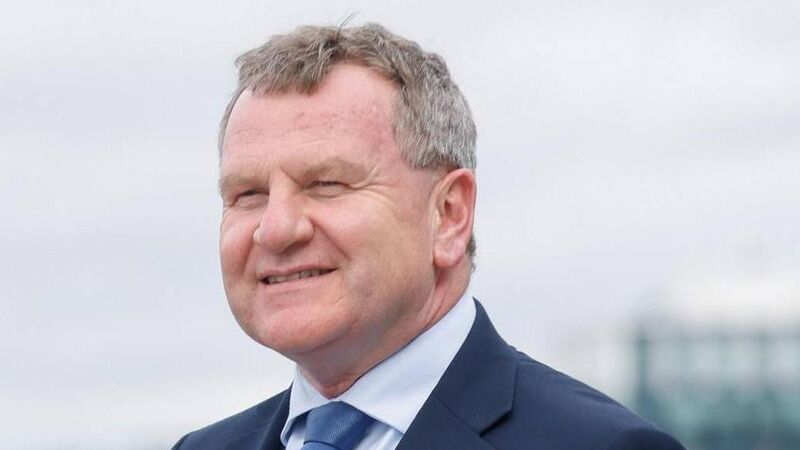Danny McCoy: A cultural shift is needed to change Irish savings into productive capital

Ireland must design public policy in a way that promotes the development of a broad-based culture of investment and wealth-building, says Ibec chief executive Danny McCoy
Ireland has no shortage of domestic household savers, but what it lacks is domestic investors. Households have built up record bank deposits - €167bn at last count - yet very little of those savings are put to work in equities or investment funds.
According to Eurostat, Irish families hold just 19% of national income in these assets, compared to more than 150% in Sweden and Denmark.











